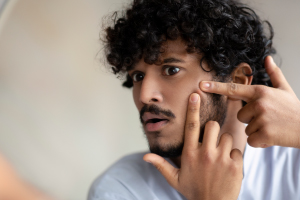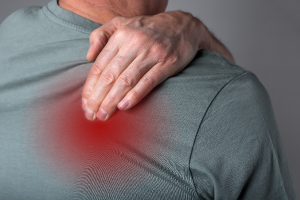Hair, Skin & Nails
4 MIN READ
Jul 14, 2025
A Complete Guide to Types of Curly Hair: From Loose Waves to Tight Coils
Curly hair comes in many forms, from slightly curly hair and soft waves to tight coils. Whether you have light curly hair or thick ringlets, knowing your curl type is key to proper care and styling. This guide explores the different types of curly hair using a curly hair chart, explains the meaning of...
Curly hair comes in many forms, from slightly curly hair and soft waves to tight coils. Whether you have light curly hair or thick ringlets, knowing your curl type is key to proper care and styling. This guide explores the...



























-158x400.png)














